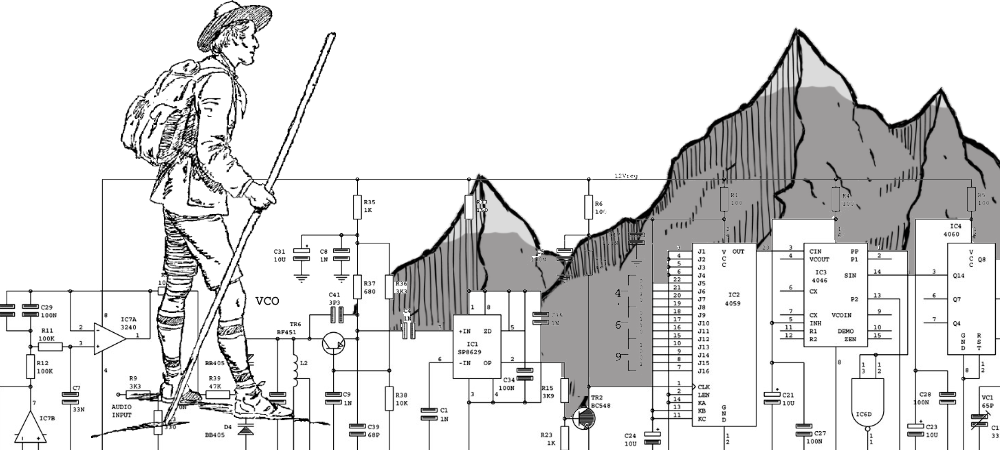This one is admittedly a bit more “self helpey” than I prefer to be, but it’s a good way to approach changing habits, and something to keep in mind when working through the AIR Method.
“If you wish to make an apple pie from scratch, you must first invent the universe.” —Carl Sagan
You know the feeling when you’re out in public and you see a super fit person jogging past you, and you think “Damn- I could never have that kind of discipline”? Or when you read an article about some CEO or otherwise very productive person who credits their success to the fact that they get up at some inhuman hour every day, and you think to yourself: “Golly, I wish I was an early bird!”
Before you decide that you’re a different kind of person, take a moment and consider what that other person’s life may look like, and how they’re maintaining it. For example, it’s extremely unlikely that someone who gets up at five a.m. is also staying up late scrolling on their phone. Sure, it’s hypothetically possible that they are resisting the draw of their phones with sheer willpower every night, and spending every day sleep-deprived, but it’s much more likely they are working within their own limitations and doing something simple like charging their phone overnight in another room.
Putting an owl to bed
Let’s continue to roll with this example; getting up at an earlier time requires going to bed at an equally earlier time. Most people give up here because they have decided in advance that they are “night owls”, and thus cannot go to bed any earlier. But- humor yourself and go a step further. Consider “what if?” What would it take to get our hypothetical night owl to bed early on a regular basis? Perhaps being relaxed at an earlier time? What does being relaxed require? Not raising one’s anxiety? Internet use causes anxiety, perhaps no using the internet late at night. But what does avoiding late-night internet require? Maybe something like substituting the nightly phone-scrolling time for a book or even TV show? Maybe turning one’s phone off at a specific time before bed?
Night owls can’t just will themselves to be early birds, but they can charge their phones in a different room.
Tracing the requirements back in time like this quickly finds us in a place where the changes don’t seem so impossible. People who stay up late can’t just decide to get up early, but they can charge their phones in a different room. And if their phone is in a different room they are more likely to be able to focus on reading a book, and thus less likely to get caught in an anxiety loop that keeps them awake, and so on, and so on...
This newsletter is about social media, internet addiction, and the endemic distraction sickness in modern society. But the mindset of “creating the conditions” can apply to any desired change. Look at your goals that feel insurmountable and trace them “back in time” until you get to something you can control. Then, create the conditions that are most likely to induce the desired change. It’s not guaranteed you’ll see the end result you want. But you can increase the chances of it happening.
Flowing in state
Trouble focusing on a project you care about? Ask yourself: when do you focus best and how can you recreate those conditions? For example, you’ll often hear people say they can easily enter a productive “flow state” on an airplane because they have no phone signal and few distractions.
So ask yourself: What conditions are most likely to induce that “flow state”? Consider the airplane ride, or how you’ve entered a “flow state” in the past. Now, you probably can’t afford to buy an airline ticket every day, but you probably can put your phone on silent and find a quiet place to work. It’s not guaranteed that you’ll find yourself in that desperately sought hyper-productive mindset, but it will increase the odds of it happening. On the flip-side, it’s not one hundred percent impossible that scrolling social media will prevent you from focusing on something important, but the odds of entering a “flow-state” with Twitter open are much less likely than with it closed.
Taken at face value, the advice that “conditions create outcomes” can sound obvious, but it’s important when pursuing a goal to frame the pursuit in the correct chronological order.
Don’t chase outcomes, create conditions.







